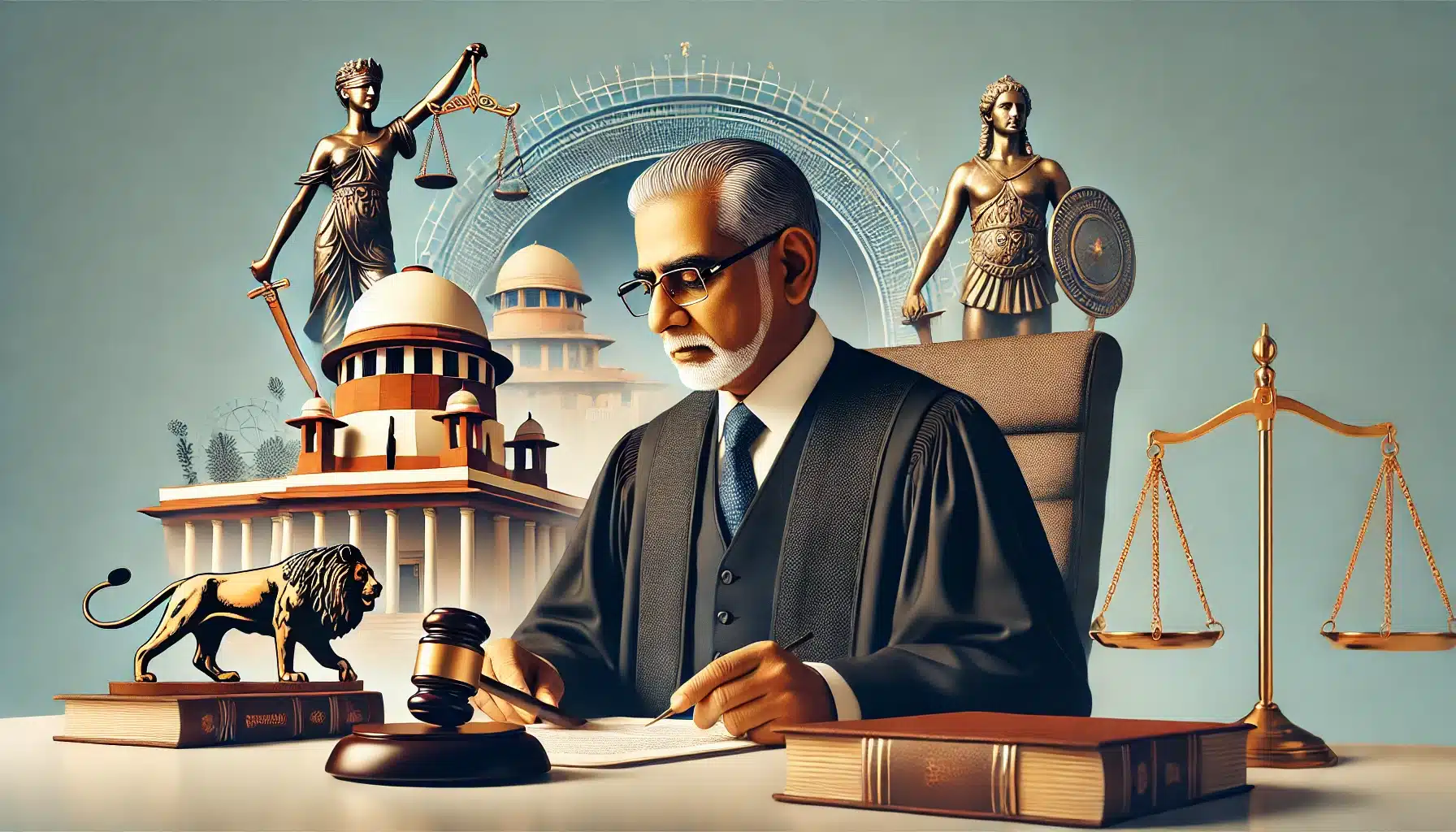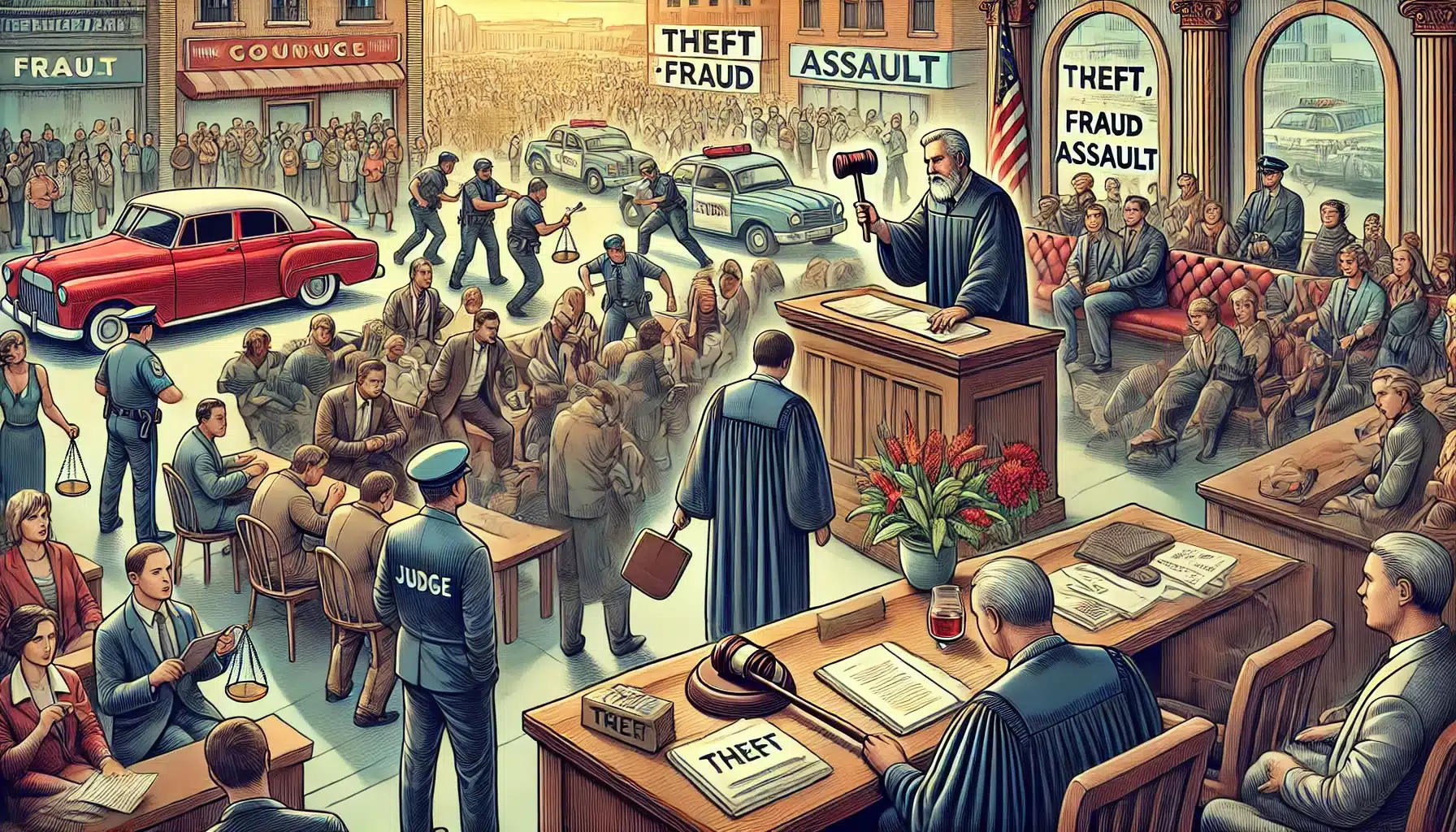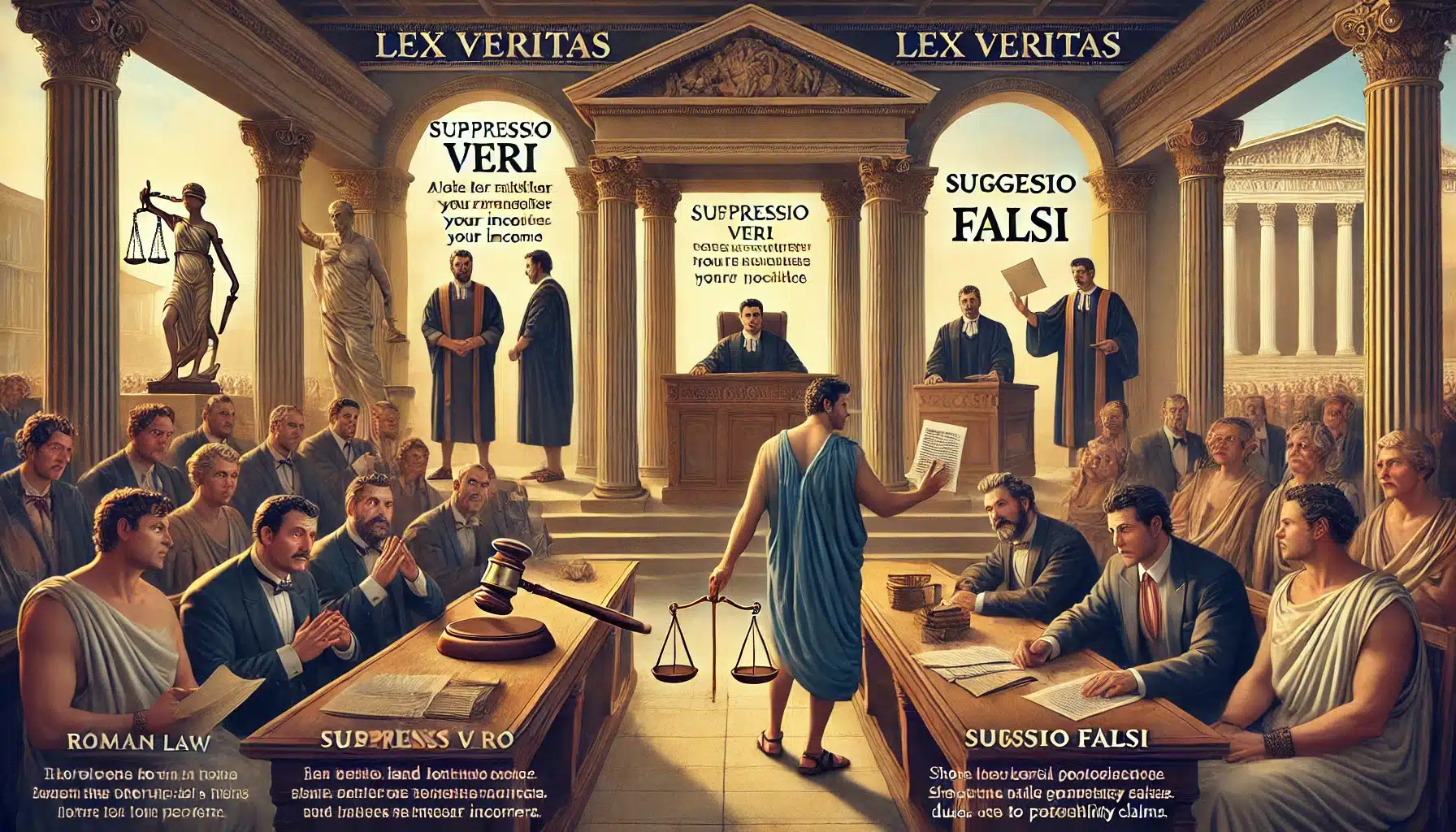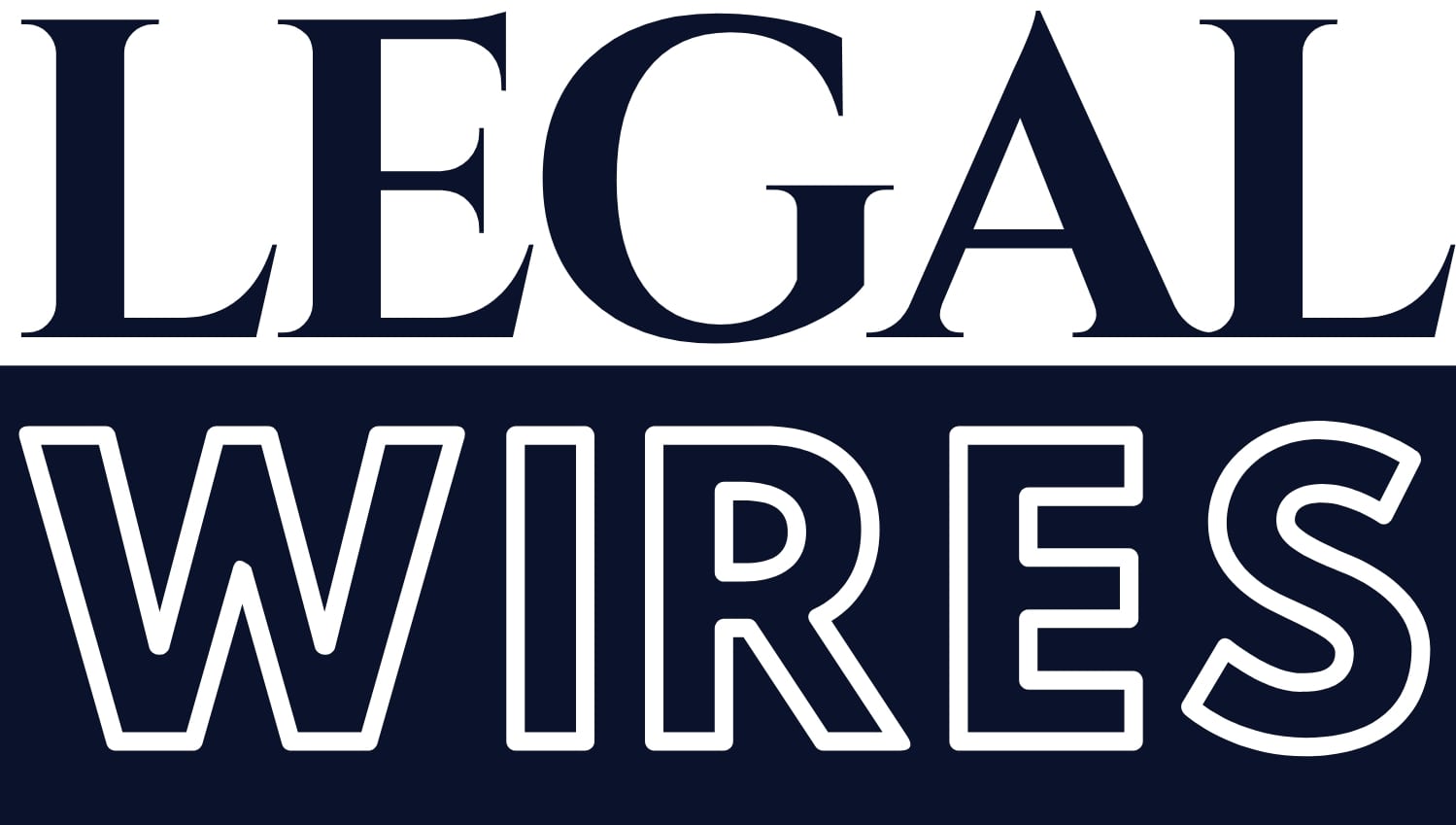Jul 22, 2024 09:17 UTC
| Updated:
Aug 24, 2024 at 15:53 UTC
SC Stays UP & Uttarakhand Govt Direction Enforcing ID Display for All Shops on Kanwar Yatra Route
Supreme Court today stayed the directions issued by the Uttar Pradesh and Uttarakhand governments that all food and beverage establishments along the Kanwar Yatra route should display the names and identity of the owners outside their shops.
The bench comprising Justice Hrishikesh Roy and Justice SVN Bhatti passed the interim order while issuing notice on a batch of petitions challenging the Government directives.
The Court stayed the directives seeking owners to display their names on eateries during the Kanwar Yatra and clarified that the eateries should display the type of food being served.
“Until the returnable date, having regard to the … discussion, we deem it appropriate to pass interim order prohibiting the enforcement of the above directives. In other words, the food sellers, hawkers etc may be required to display the kind of food they are serving to Kanwariyas but they must be not be forced to disclose the names,” the Court ordered.
Association for Protection of Civil Rights, Delhi University Professor Apoorvanand with activist Aakar Patel, and Member of Parliament (MP) Mahua Moitra approached the top court against the directive issued by Uttar Pradesh Police.
Senior Advocate Chander Uday Singh, who represented the Association for Protection of Civil Rights, said that while the authorities were claiming it was voluntarily done, the directive was being enforced.
“It is not based on any statutory backing. No law gives police commissioner power to do this. Only whether it vegetarian etc is needed to be mentioned. Not just for dhabas this but now for every seller. It does not serve any objective. Our Constitution fortunately does not say a person is barred from running places that serve certain food,” Singh submitted.
Adding on Singh’s arguments, Senior Advocate Abhishek Manu Singhvi, representing the Trinamool Congress MP, contended that the Court’s query could not be answered with a simple ‘Yes’ or ‘No’ due to the presence of a disguised order.
He highlighted the concerning nature of the situation, noting that the police authorities issuing these directives have assumed the role of creating divisions.
Dr Singhvi argued that these directives would effectively identify the owners, subjecting them to economic boycotts and potentially triggering a “domino effect” in other States.
The bench inquired whether these were ‘orders’ or ‘directives’ issued in press statements.
Dr Singhvi clarified that while the initial directives were issued through press statements, they were being strictly enforced by the authorities.
“The idea is exclusion by identity,” Singhvi said.
At this stage, Justice Bhatti said there should not be any exaggeration in the arguments. He summarised that there are three dimensions to these directives: safety, standard and secularism.
Dr Singhvi submitted that Kanwariya Yatras have been taking place for decades, with people of all religions, including Muslims, assisting them along their journey.
He stated that the court should recognize that people from all religions—Muslims, Christians, and Buddhists—have been helping Kanwariyas.
Regarding the issue of vegetarian and non-vegetarian food, Dr Singhvi informed the court that there are existing laws that strictly regulate the serving of non-vegetarian food.
He said, “There are lot of pure vegetarian restaurants run by Hindus. But if they have Muslim or Dalit employees will you say you won’t eat there? They are issued without any authority of law, they are being clever. If I disclose I am damned, if I don’t I am damned. What is the rational nexus of giving my name?”
Dr Singhvi pointed out that the directives use the term “sweccha se” (by will). He argued that these directives are disguised, as disclosing names would subject individuals to economic exclusion, while not disclosing them would result in fines.
He clarified that although these may have been voluntary directives, the Chief Minister of Uttar Pradesh, Yogi Adityanath, has stated that the directives would apply generally to all districts.
Initially, the directives were issued by the Muzaffarnagar police. Now, similar directives have been issued by the Aligarh Municipal Corporation and in other districts as well, causing a domino effect in other States. Also, many people from minority communities have reportedly lost their jobs.
Senior advocate Chander Uday Singh highlighted that news reports indicate non-compliance with the Municipal Corporation directives would result in fines ranging from Rs. 2000 to 5000.
Dr Singhvi referred to the Food Safety and Standards (Labelling and Display) Regulations, 2020 under the Food Safety and Standards Act, 2006, and argued that the law does not require owners to name their eateries.
He informed the court that the legislation only mandates two conditions for food items: the display of calorie content and the labelling of items as vegetarian or non-vegetarian.
Senior Advocate Huzefa Ahmadi, who was representing Professor Apoorvanand and Patel, also referred to the statement made by UP Chief Minister Yogi Adityanath about the enforcement of the directions issued by the Police.
“This violates preambular goals of secularism and fraternity,” he said.
Nobody was present to represent the respondent authorities before the Court. The matter will be heard next on July 26.
Association for Protection of Civil Rights v. State of Uttar Pradesh and Ors.
Also Read:

































